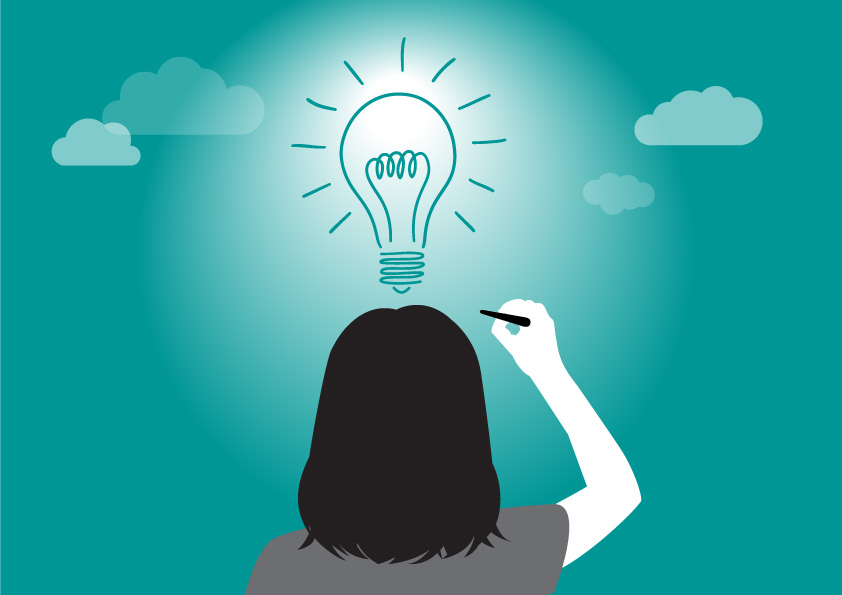
The creative way to make change happen
Melanie Philippou, Communications Strategist
As creatives, designers, communicators, strategists, you name it – we are privileged to be in a position to influence society, culture and behaviour. And while yes, this emerged from a capitalist world and the need to make sure we always “sell, sell, sell”, if I think about one thing I would love to change about the industry, it would be how can we create more opportunities to lend our talents towards meaningful, social impact work.
At Sherry, we love working with clients who share a passion for breaking the mould – tackling large problems, producing innovative solutions, and fundamentally, at the core, just doing good for humans and the planet.
I am lucky to say that this is our every day. But I feel even more fortunate to say that this type of work extends beyond my 9-5.
On the side of working full time as Communications Strategist at Sherry, I am also proud to be a Storyteller for youth mental health organisation, batyr.
As someone who struggled with mental health throughout high school and university, the work batyr does to educate young people on how they can look after their own mental health, to be there for friends and speak up against stigma – is endlessly valuable.
So a couple of times a month, you’ll often find me ducking out of the office and heading over to a school or university to speak about my personal experiences with mental ill-health as part of a batyr educational program. It’s batyr’s belief that through sharing lived experience stories as part of peer-to-peer mental health education we can keep young people from reaching the point of crisis, empower them to look after themselves and others, and ultimately change lives.
It was only recently and not long after starting my full-time role at Sherry that I first sought professional help for my mental health.
This was transformational.
For the very first time I was properly addressing past traumas and learning how this connected with my recurring experiences of body image distortion, low self-esteem, disordered eating and perfectionism.
While perfectionism was probably just an indicator of where I’d end up working (it’s pretty intrinsic to the makeup of a creative), I found dedicating time to therapy and reflection vital to becoming the person I am today, healing and moving forward. Therapy in whatever shape or form – whether it’s practising self-care, being open with family and friends or speaking to someone professionally – is something that I strongly believe everyone can benefit from.
I owe a huge thank you to Alan and the team at Sherry for supporting my mental health journey from day one and always celebrating opportunities for me to explore my passions and utilise my voice as an advocate – even if it means lots of out of office requests.
In addition to mental health, another topic I am very passionate about is menstrual health. That’s right, periods.
Since first starting my period at age 13 I have experienced countless episodes of debilitating pain.
Period pain wasn’t something I was ever taught about at school. Actually, I don’t think I was ever taught exactly what to expect when my period starts. Basics like how much blood there might be or differences in colour (because it isn’t only red).
From my memory, period education at school was rudimentary at best. The focus was always on the biological process, how this was a part of puberty and growth. There was never any mention of symptoms or signs to look out for that indicate something might not be quite right.
So, with this first-hand experience of menstrual health struggles coupled with a strong frustration of the lack of education supplied at school, my side hustle was born – peried.
Alongside my co-founder, Angelina Das, we are building peried as a menstrual health education platform that clearly establishes understanding of ‘normal’ and ‘not normal’ symptoms. By equipping young people, students, parents and teachers with comprehensive, inclusive and trustworthy menstrual health education we hope that we can play a part in eliminating taboo and encourage open, informed conversations for improved healthcare.
In essence, storytelling is ingrained in everything I do – from developing the guiding narratives for brand strategies to sharing my personal health stories. And so that’s the skillset I choose to leverage for good.
Whether within a full-time role, a side hustle or an endeavour completely outside of the professional realm, I wholeheartedly believe that everyone holds incredible power to propel real change. We can all be changemakers, it’s just a matter of realisation and then finding the opportunities to make it happen.



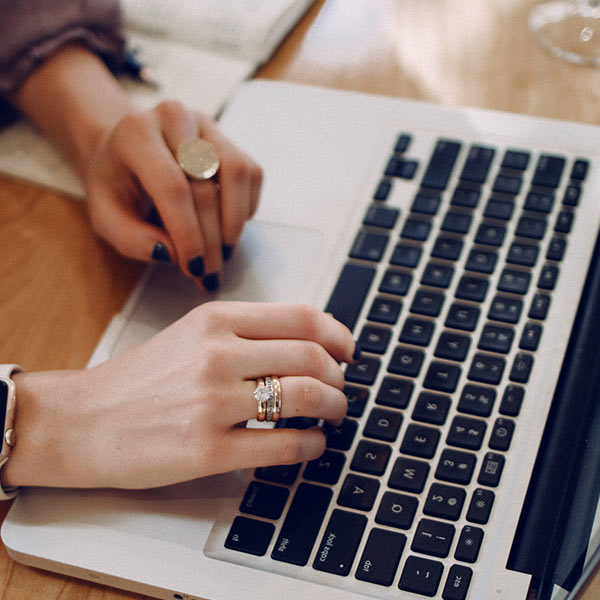
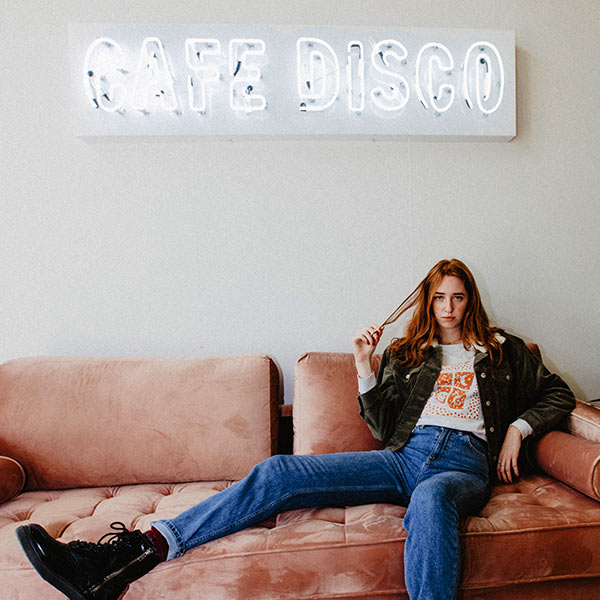

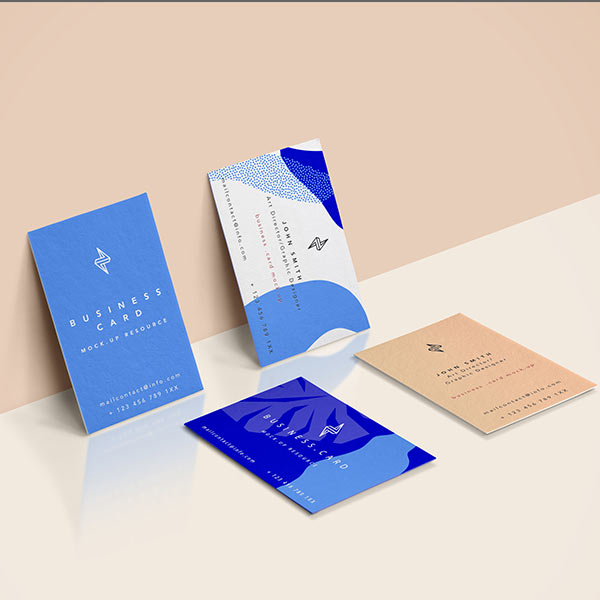
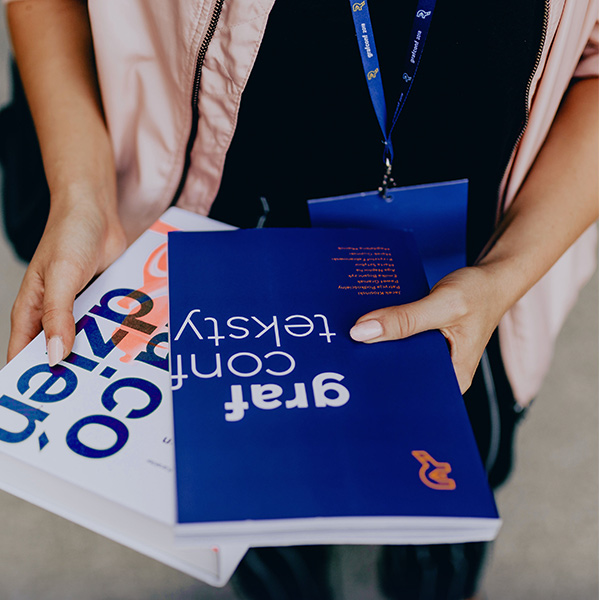
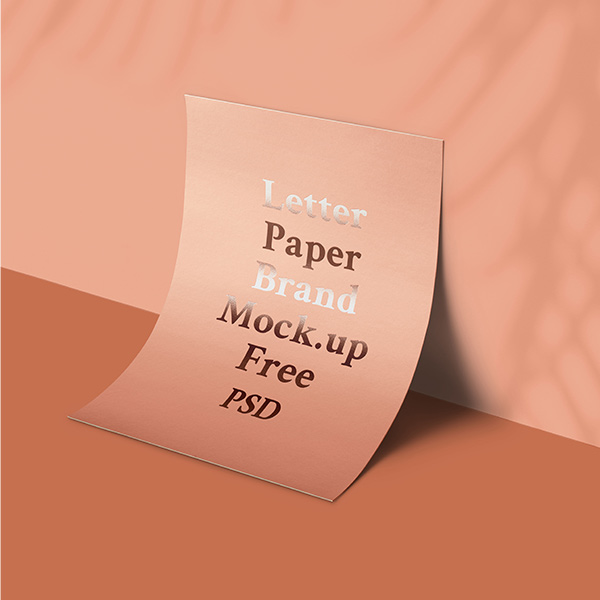
Leave a Reply